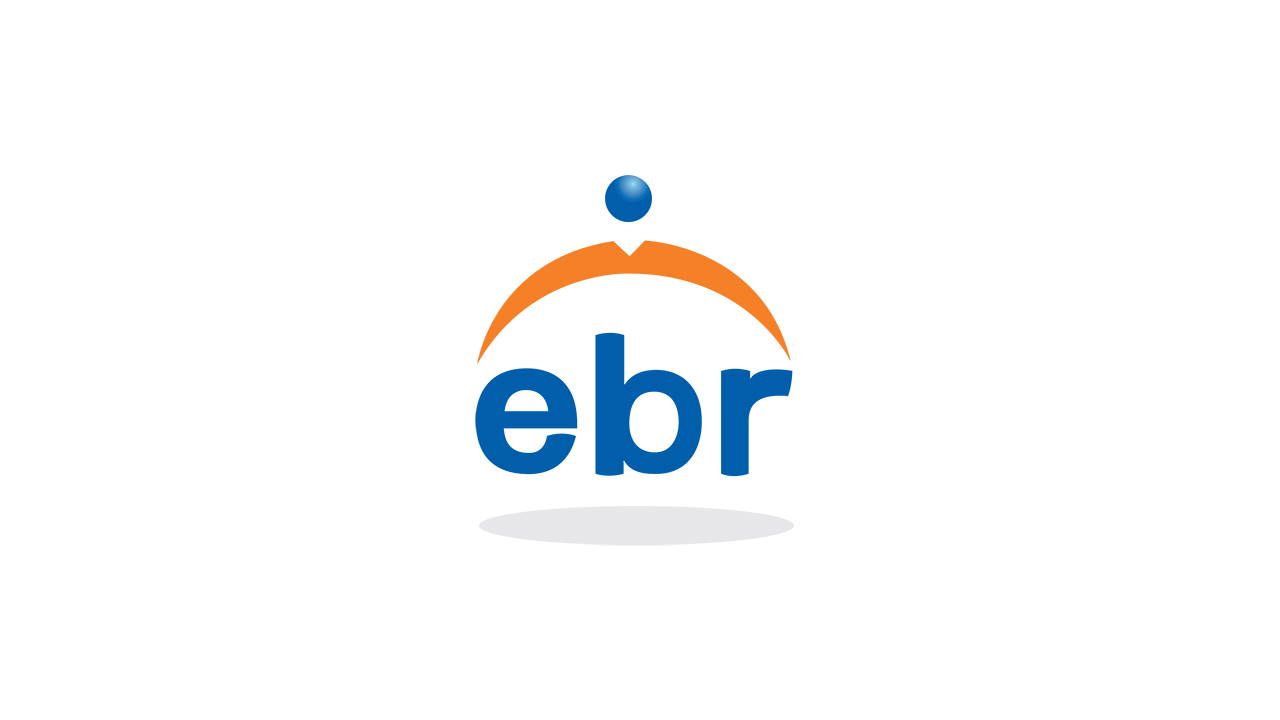Improve the performance of new employees
You've just taken on a new employee - the successful candidate seems to have "the right experience, solid qualifications, and a relevant work history, and... gave an impressive performance during the interview process", but three months later their team is disgruntled, morale is low, and output and productivity are down.
Profiles International Research Institute managing director, Dario Priolo sees the following causes of under performance as "hazards" that can be addresed.
Poor job fit
While skills can be taught, "behaviours are much more difficult to change", the report says.
Too many people choose their jobs because of external influences, it says, without understanding themselves and their "mental DNA". But it's difficult to change natural behaviour, so if an employee isn't motivated to change, then he or she "probably won't".
Inadequate capability
It's no secret that most candidates exaggerate their abilities on their resumes and job applications, Priolo points out, but when their capability - their skills, tools and experience - is lacking there is an increased chance that they will underperform.
Employers can avoid this hazard by being clear during the recruitment process on what skills the employee needs to perform in their job. If they are missing, the employer needs to know how to help the employee acquire them and how long the process will take.
Employers also need to ensure they're providing the tools that help an employee deliver peak performance, he says, but importantly they need to recognise that "just because an employee has the skills to do a job doesn't mean that he has the experience to apply those skills in his specific position."
Poor relationship with manager
A poor employee/manager relationship is the number-one reason for failure at work, Priolo says, and it's usually caused by one of two "flashpoints".
Either the employee is unclear about the manager's expectations, or the manager fails to adapt his or her style to the employee's preferred styles.
The former problem can be addressed by ensuring the employee asks questions like "What are the top three priorities in my role that you would like me to focus on?" and "Why is this so important?" while the latter requires managers to understand their own styles as well as those of employees.



